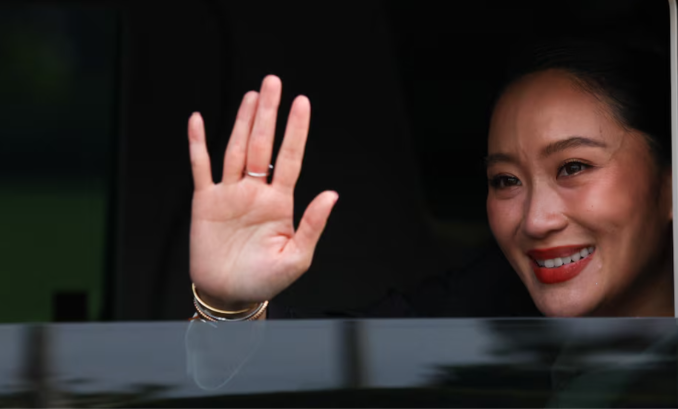
On 29 August 2025, Thailand’s Constitutional Court delivered a sharp blow to the administration of Prime Minister Paetongtarn Shinawatra by removing her from office. The ruling, handed down in a 6–3 decision, cited ethical violations tied to a leaked phone call with Cambodia’s former leader Hun Sen—marking yet another judicial setback for the powerful Shinawatra political dynasty.
This abrupt dismissal also obliterated any momentum behind the casino legalization bill, a signature economic reform championed by Paetongtarn aimed at attracting foreign investment and reviving tourism.
The Catalyst: A Troubling Phone Call
The court’s decision hinged on a June 15, 2025, phone conversation between Paetongtarn and Hun Sen. In the call, she addressed him as “uncle,” appealed for sympathy “for his niece,” and criticized a Thai military commander—comments perceived as aligning personal ties over national interests amid a tense border dispute.
This private conversation was subsequently leaked—published by Hun Sen—and ignited swift political backlash. Major coalition partner Bhumjaithai withdrew from government, triggering a chain of events that culminated in Paetongtarn’s suspension and eventual removal.
The Domino Effect: Fallout and Political Maneuvering
Paetongtarn’s ouster has plunged Thai politics further into instability:
-
Acting Leadership: After being suspended on 1 July 2025, she was briefly replaced by Suriya Juangroongruangkit (1–3 July). As of 3 July, Phumtham Wechayachai assumed acting prime minister duties.
-
Casino Bill Stalled: The casino legalization initiative, formally known as the Entertainment Complex Bill, has been indefinitely shelved, with analysts noting its viability has “lengthened greatly” now that Paetongtarn is gone.
-
Political Chessboard: Pheu Thai—the Shinawatra-backed party—faces a weakened hand in coalition negotiations. The People’s Party is leveraging the crisis to push for constitutional reforms and a possible early election, while other key players like Bhumjaithai weigh forming or exiting alliances.
What This Means for Thailand
Thailand now faces a period of renewed political uncertainty. The Constitutional Court’s intervention has once again raised concerns about the strength of democratic governance, with repeated judicial actions eroding public trust in the electoral process. Policy reforms that Paetongtarn Shinawatra had championed—most notably the Entertainment Complex Bill to legalize casinos—are now in limbo, leaving investors and the tourism sector unsure about the country’s economic direction. At the same time, coalition politics have grown increasingly unstable. The Pheu Thai Party finds itself weakened, while the People’s Party and Bhumjaithai maneuver for leverage, with some factions calling for constitutional reform and even a possible snap election. Taken together, these developments highlight the fragility of Thailand’s political landscape, where power struggles between populist reformers and entrenched establishment forces continue to shape the nation’s trajectory.




 Content Writer: Janice Chew • Tuesday, 25/09/2025 - 14:05:00 - PM
Content Writer: Janice Chew • Tuesday, 25/09/2025 - 14:05:00 - PM